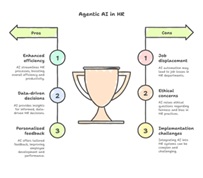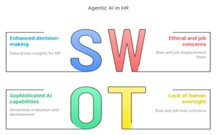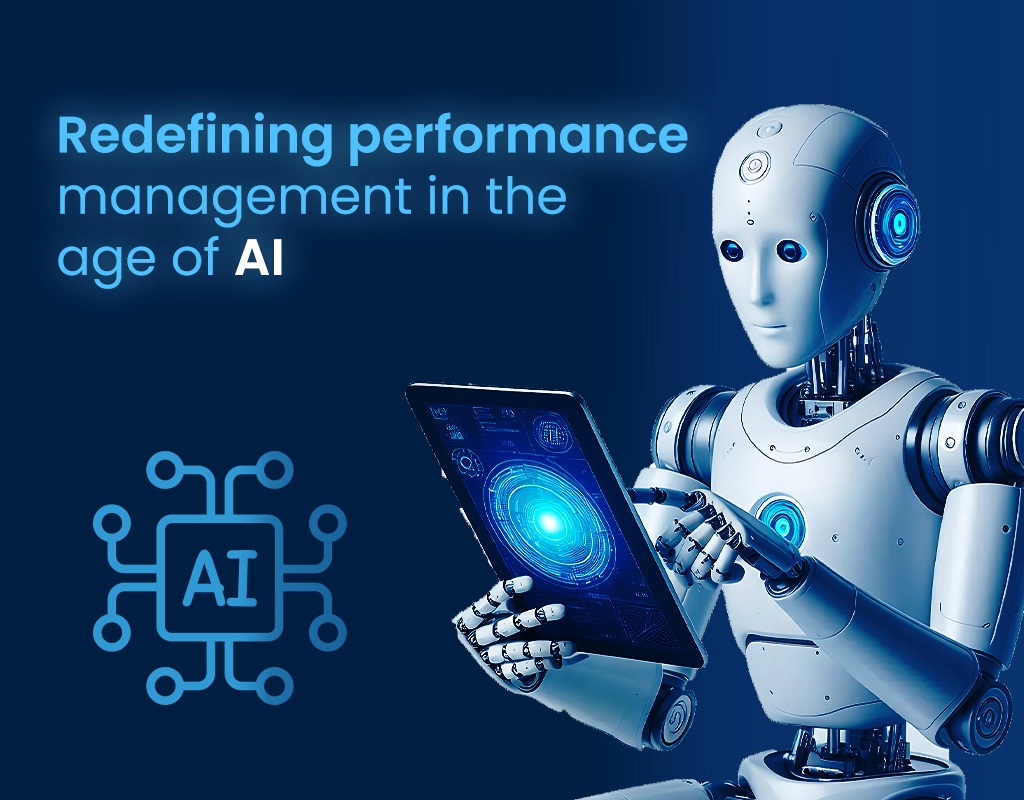Introduction
The rise of Agentic AI has introduced a new dynamic in the realm of human resources. With its autonomous decision-making capabilities, it stands at the crossroads of becoming an enabler of efficiency or a displacer of jobs. As organizations transition from traditional systems to AI in performance management frameworks, it is crucial to examine whether Agentic AI is a friend or a threat to HR.
In this opinion piece, we will explore the evolution of performance management, identify key trends and players, and delve into the implications of adopting AI in human resources. The evolution of performance management reflects a dynamic landscape shaped by technological advancements and changing workforce demographics, setting the stage for a deeper understanding of how AI will continue to transform this critical HR domain.

What is Agentic AI?
Agentic AI refers to a sophisticated class of artificial intelligence capable of making independent decisions. This technology goes beyond simple automation, possessing the ability to adapt, learn, and make choices based on predictive analytics.
In the context of HR, Agentic AI in Workforce Management can be instrumental in enhancing performance management by processing vast amounts of data to make informed decisions about employee evaluations, promotions, and development opportunities.
The importance of Agentic AI in HR cannot be overstated. It allows organizations to move from subjective assessments to data-driven insights, providing more accurate and timely feedback that improves employee engagement and overall productivity.
Benefits of AI in Performance Management
Integrating AI in performance management streamlines the evaluation process, making it more efficient and less prone to bias. Automated reviews, powered by predictive analytics, provide real-time feedback to employees, allowing them to continuously improve their performance based on accurate and objective data.
Additionally, AI and employee development go hand in hand. By analyzing skills, performance, and career aspirations, AI can recommend targeted training opportunities tailored to each employee’s needs. This personalized approach not only fosters growth but also helps retain top talent by demonstrating a commitment to employee development.
Risks and Concerns of AI in Human Resources
Despite the numerous advantages, the deployment of Agentic AI in performance management comes with risks and concerns. A significant issue is the fear of job displacement. As AI assumes more responsibilities traditionally held by HR professionals, there is widespread anxiety about the future of jobs in the sector.
There are also ethical concerns about bias in AI decision-making. If not properly monitored, AI in workforce management could perpetuate existing biases found in historical data, leading to unfair performance evaluations and career advancements. Transparency in AI operations is essential to maintain trust and ensure ethical use of AI tools in HR.
Case Studies of AI in Workforce Management
Several organizations have successfully navigated the integration of Agentic AI into their performance management processes.
- Microsoft: Implemented AI-driven feedback systems that provide real-time performance insights aligned with corporate values. By leveraging data analytics, they can foster a culture of continuous improvement while also addressing employee concerns effectively.
- IBM: Employs AI and employee development strategies to create personalized learning experiences based on skills and aspirations.
These examples highlight how AI in human resources can foster continuous improvement and align workforce capabilities with organizational goals.
Future Outlook of AI Performance Management
Looking ahead, the future of AI in performance management is promising yet complex. As technology evolves, we can anticipate more sophisticated AI capabilities that streamline performance evaluation and employee development processes.
HR professionals must prioritize transparency and ethical AI use to alleviate concerns about bias and job loss. By fostering a culture that embraces collaboration between humans and AI, organizations can harness the power of AI in human resources while maintaining the vital human element in performance management.

Conclusion
The introduction of Agentic AI in performance management presents both opportunities and challenges for HR professionals. While it can significantly enhance efficiency and support AI and employee development, it also raises ethical concerns that cannot be overlooked. To make the most of this technological revolution, HR must conduct thorough assessments of their current systems for potential AI in workforce management integration and engage in discussions regarding the ethical implications of AI use.




